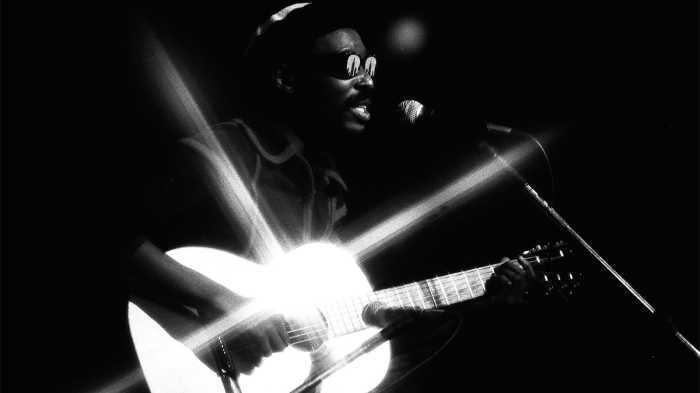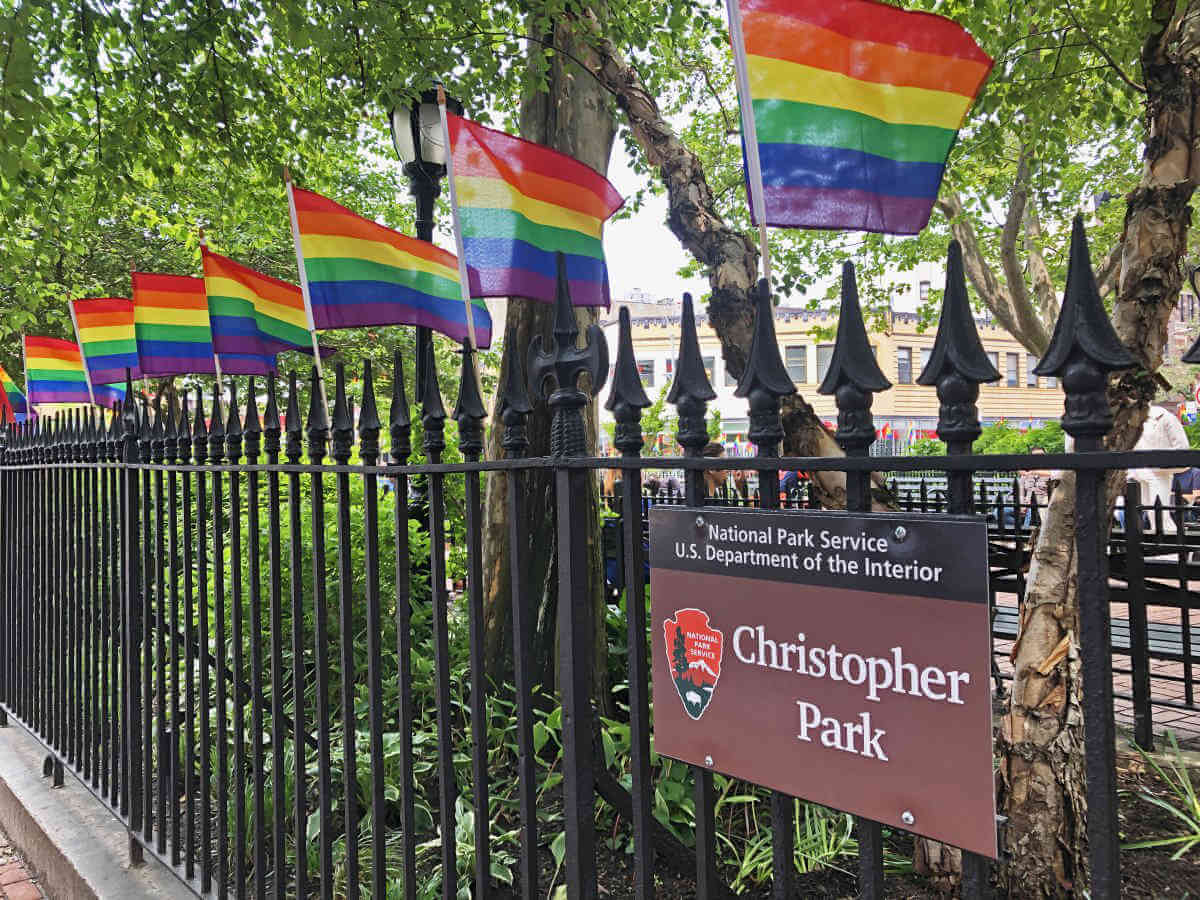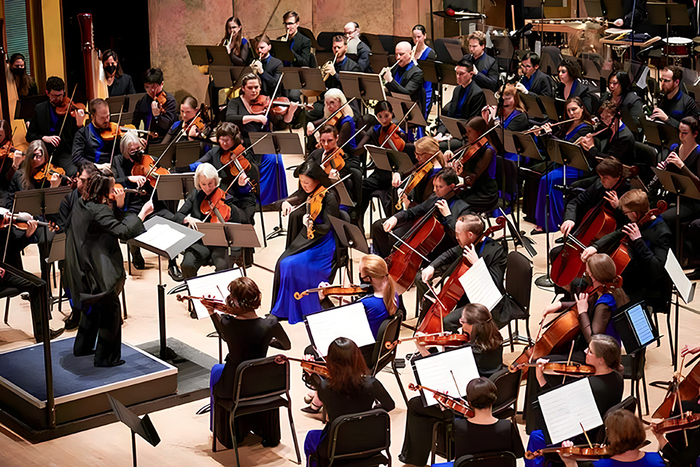By Matt Harvey
When the White
House Was Ours
Houghton Mifflin; 288 pp.;
$12.95 (paper)
What does Porter Shreve’s fictional romp through ’70s idealism teach us about today?
“When the White House Was Ours,” Shreve’s recently published third novel, offers a whimsical look at a family of political activists living in Washington D.C. in the late ’70s, long after their idealism was fashionable. The author mined his childhood memories to create the characters—zany hippies and political naïfs whose blundering antics while running a radical private school in the shadow of the White House parallel President Carter’s unfulfilled promise. Shreve spoke to me from his home in Indiana, where he teaches at Purdue, about the much remarked upon overlap between the political and economic climates of 1976 and today, and where the resemblance ends.
MATT HARVEY: What do you perceive as the greatest similarities and differences between now and the late ’70s?
PORTER SHREVE: There are definitely connections. The Middle East is the dominant subject, gas prices are out of control, and everyone’s worried about the economy and rising costs. People also seem tired of Washington insiders, and the candidate who appears to be more of an outsider and who seizes the mantel of “change,” will probably have the best shot at winning. Jimmy Carter always talked about the “three E’s: energy, environment and the economy,” and these are arguably the top concerns now, at least on the domestic front. The main difference between the ’70s and today has only come to light in the past several weeks, with the credit crisis. You know it’s bad news when you’re hoping for the economy of ’77 rather than the economy of ’33.
Jimmy Carter was a liberal but he was also a Southerner and born-again Christian. Why do these cultural and political traits seem oxymoronic now?
In the years since Carter, the right has wrested any claim on “family values” away from the Democratic Party. One felt that Jimmy Carter was the very picture of family values, but it’s hard to imagine such a high moralist winning over a Democratic base that’s seen religion politicized to such extremes throughout the Bush years.
Do you think hardcore ’60s holdouts like those in the in the book knew their ideals were on the wane?
Yes and no. In the novel there are three hippies who have arrived from a commune out West, hoping to bring their sense of freedom and independence to Washington and this alternative school experiment. One of the hippies, Tino, remains steadfastly a lord of misrule in the mode of Abbie Hoffman. Another, Cinnamon, does adapt to the changing times but she never surrenders her core communal values. The third hippie, Linc, undergoes a rather significant change over the course of the novel, from communard to capitalist. I’d like to think that these three characters represent a kind of cross section of post-’60s radicalism.
Do liberals of your generation view the ’70s like conservative boomers viewed the ’50s in the ’80s and early ’90s, a lost idyll that might be regained by combining a few key political and social elements?
I look back at the ’70s with great admiration for its idealism and its community spirit that has largely been lost through the Reagan/Bush years and the advent of the digital age. But I also recognize that the ’70s were a flawed, transitional time and not one to try to bring fully forward into the present. Jimmy Carter was perhaps too much of a moralist, too certain that he knew what was good for the country, and in that way, and that way alone he was like the “high functioning moron,” to quote Paul Begala, currently sitting in the Oval Office. A good president fills his or her cabinet with thinkers who will challenge him or her on the way toward building a consensus. I have great hope that the current Democratic candidate will do just that. So I’m for looking forward, but with a polished rearview mirror for the occasional glance back.
Has the Bush era finally convinced the electorate to abandon conservatism?
Many have said that Bush is the worst president in history, but I disagree for one reason and one reason alone. Without Bush we wouldn’t have Barack Obama. The staggering incompetence and corruption of the past eight years created an environment that allowed for the rise of a visionary African American politician in the first decade of the 21st Century. Bush would be in the running for the worst president of all time had he not ushered in this potentially transcendent moment in our history. So thank you, George Bush, for nothing, except this.






































